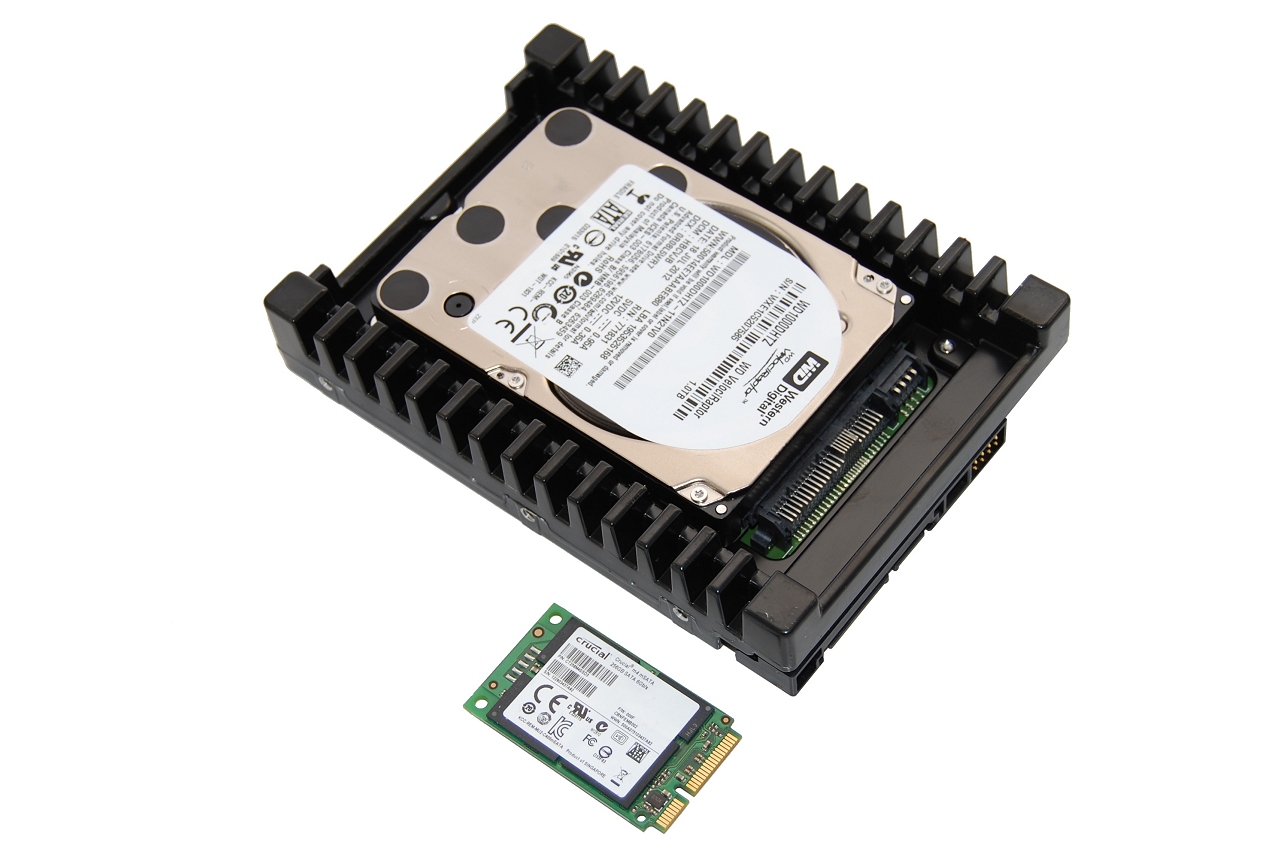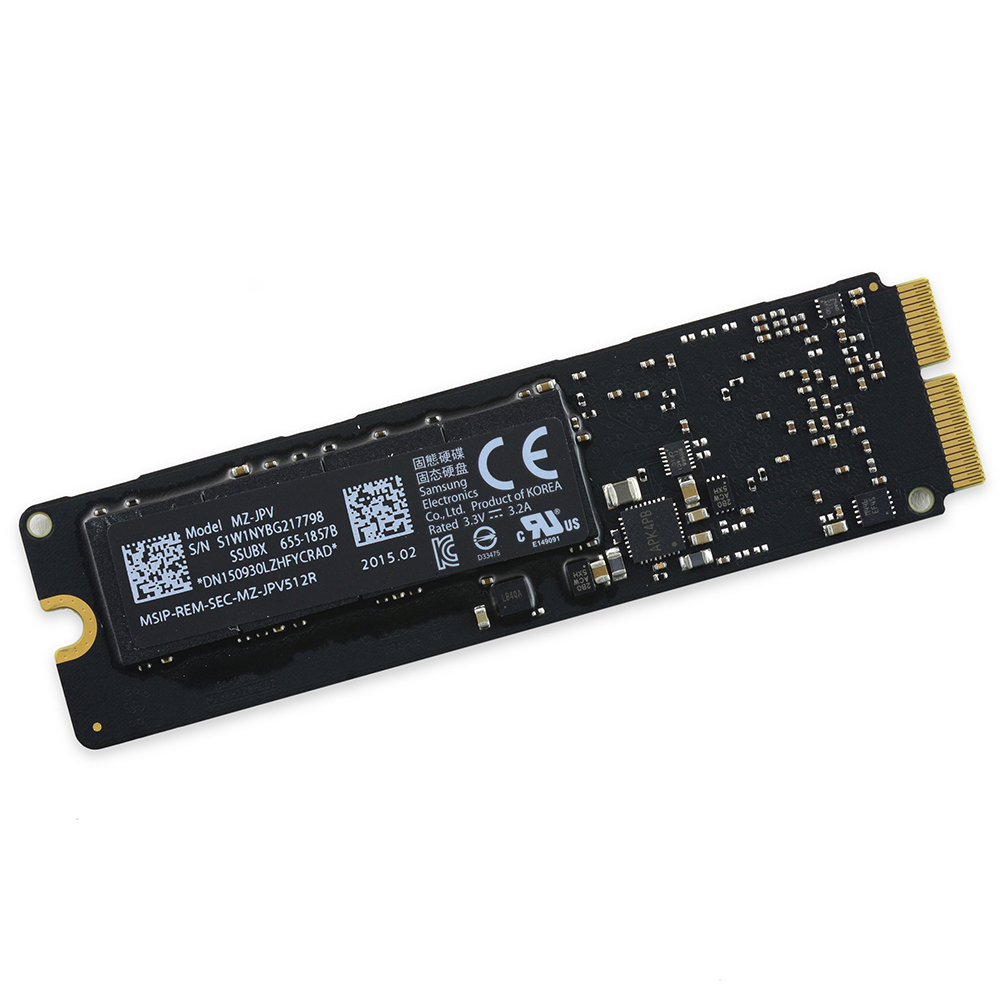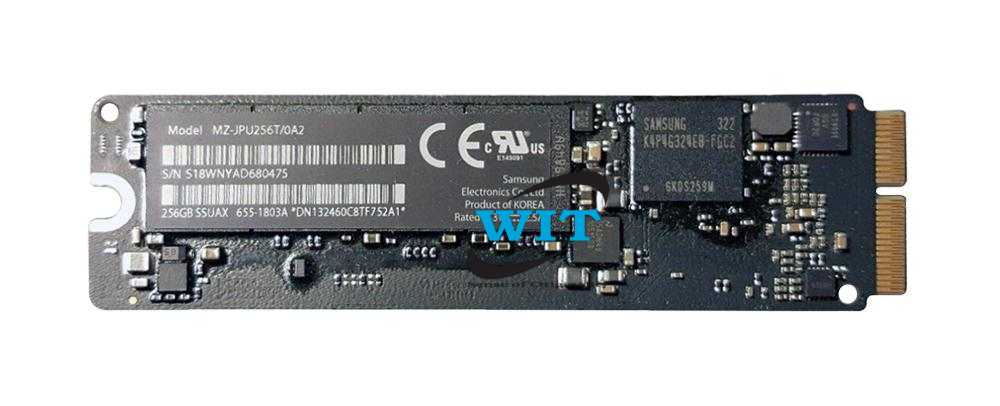256GB PCIe NVMe SOLID STATE DRIVE - MacBook Pro 13' A1708 Mid 2017 656-0076. 512GB PCIe SSD - 656-0072A -MB Pro 13 A1708 Late 2016 Mid 2017 656-0042B. C $226.59 + C $13.41 shipping. Picture Information. Opens image gallery. Image not available. Mouse over to Zoom. Jul 11, 2012 The 256GB SSD (solid-state drive) is standard on current model Macbook Pros with Retina Displays, as well as an option for the Macbook Air. An SSD offers big advantages in boot-up time and program start-up times compared to traditional hard disk drives — as well as offering reliability improvements due to a lack of moving mechanics.
Now that Apple has standardized on fast flash-based SSD drives, Mac lovers must pay attention to the amount of storage they need before they buy a new MacBook Pro or MacBook Air. The trouble is, while built-in SSD drives in MacBooks provide awesome performance, they are stingy on storage.
New laptops — the problem isn’t limited to Apple — now come with 128GB, 256GB, or 512GB flash-based SSD drives as standard configurations. And many of these laptops are not easy to upgrade in the future like older hard drives used to be.
Here is how to tell if 256GB is enough storage for you.
Do you take a lot of photos or video?
Adata - XPG - SX8200 Series 256GB Internal PCIe Express 3.0 Gen3x4 M.2 2280 Solid State Drive with Flash 3D Nand Technology Model: ASX8200PNP-256GT-C SKU: 6423388.
If you are a shutterbug — or have an iPhone 6 or iPhone 7 — and you can imagine yourself taking a lot of photos and video that you want to keep forever on your MacBook, you should try to figure out how much storage your current photos and videos take up.
If you don’t have much right now, 256GB will likely be plenty of storage for you for the foreseeable future.
If you have a lot of photos like me — I have more than 20,000 photos and videos in my iPhoto library, which takes up more than 100GB of space — then 256GB of storage on a MacBook Pro is flirting with danger. Why? I also have dozens of movies and some TV shows that I like to keep downloaded and handy directly on my MacBook Pro.
Of course, my habits are changing and so are the habits of others — for instance, I’m starting to stream more videos from Netflix and Amazon Prime Video instead of buying and downloading them. If you’re streaming content instead of buying it, 256GB is probably sufficient.
Storage Eaters: Movies and TV Shows
TarDisk is an easy integrated storage upgrade for MacBook Air and MacBook Pro: Use code WICKEDDISCOUNT to get 10% off today.

While I’m watching more streamed content, I still like to buy and own some shows and movies. Consequently, I have too much to store on my MacBook directly, so I’ve saved hundreds of gigabytes of space by moving some photos, home video, television shows, and movies to a fast external hard drive. I just move the stuff I want to save — but won’t access often — to the external hard drive. It’s a peace-of-mind thing, really. I could probably delete it all and still live happily.
Here’s another space-saving tidbit: If you have downloaded TV shows from Apple iTunes — or whole seasons of TV shows — you can safely delete these shows from your Mac. As long as you have your active Apple ID and iTunes account, Apple will know you bought those shows and provide you the ability to re-download them at will . . . or stream them to your Apple TV. I’ve personally deleted episodes of Homeland, The Walking Dead, Life, Firefly, and Castle with no ill effects. True Detective is still on there, though. I’ll be watching that series again soon, I’m sure.
Wild Card Storage
Personal photos and video, along with purchased movies and TV shows, are the biggest storage culprits for most people. If you get a handle on these files, you’ll know if 256GB is enough.

But, there are a few wild cards. If you download a lot of apps for multiple iOS devices in your family, and these family members are all downloading and storing large multi-media book files, videos, and iOS games (the graphically rich games can blow past 1GB easily these days) you can generate a surprising amount of iOS device backup storage and a large iTunes app library. Again, there are ways to delete and trim this storage, but it’s something to be aware of.
Mac gamers can start eating up storage fast, but gamers are usually more in tune with their special needs.
If you get into creating and editing movies — say by generating a lot of footage with a GoPro or a waterproof rugged camera — your smartest move will be to invest in a fast external hard drive and store much of your video on it.
As for standard documents, most Microsoft Office, word processing, spreadsheets, and presentations take up very little storage space on a typical laptop — even for workaholics.
How to Choose the Right Mac System

All in all, 256GB is plenty of room for most every Mac lover . . . unless you also have a large iPhoto library and take a lot of photos and video — and you know that you will continue to take a lot of photos and video. If this is the case, your decision gets a bit more complicated. You can:
- Choose a MacBook Pro or MacBook Air with 512GB of storage (about a $300 upgrade)
- Choose an iMac, which comes with a 500GB hard drive or more
- Choose an external drive or high-capacity thumb drive to go with a MacBook
- Choose an iMac for the heavy-lifting at home and get a MacBook Air or iPad for on-the-go computing
128gb Or 256gb Macbook Air
For instance, you can get a 21.5-inch iMac with 1TB of storageas well as an iPad for less than the cost of a 15-inch MacBook Pro with Retina display. Or you could get a Mac mini for local home storage use and get a MacBook Air for mobile. If you’re in a family situation, the iMac method is a good plan. For most individuals, I tend to recommend just getting a versatile 13-inch MacBook Pro or 15-inch if your budget allows it.
256gb Ssd Vs 1tb Hdd
The last option is to offload your personal photos to a cloud-based online storage service, but if you have a lot of photos, you’ll be paying for it each month in installments for years (which is why I like onboard storage and external drives).
256gb Ssd For Macbook Air A1466

Ssd 256gb For Mac Computers

Comments are closed.